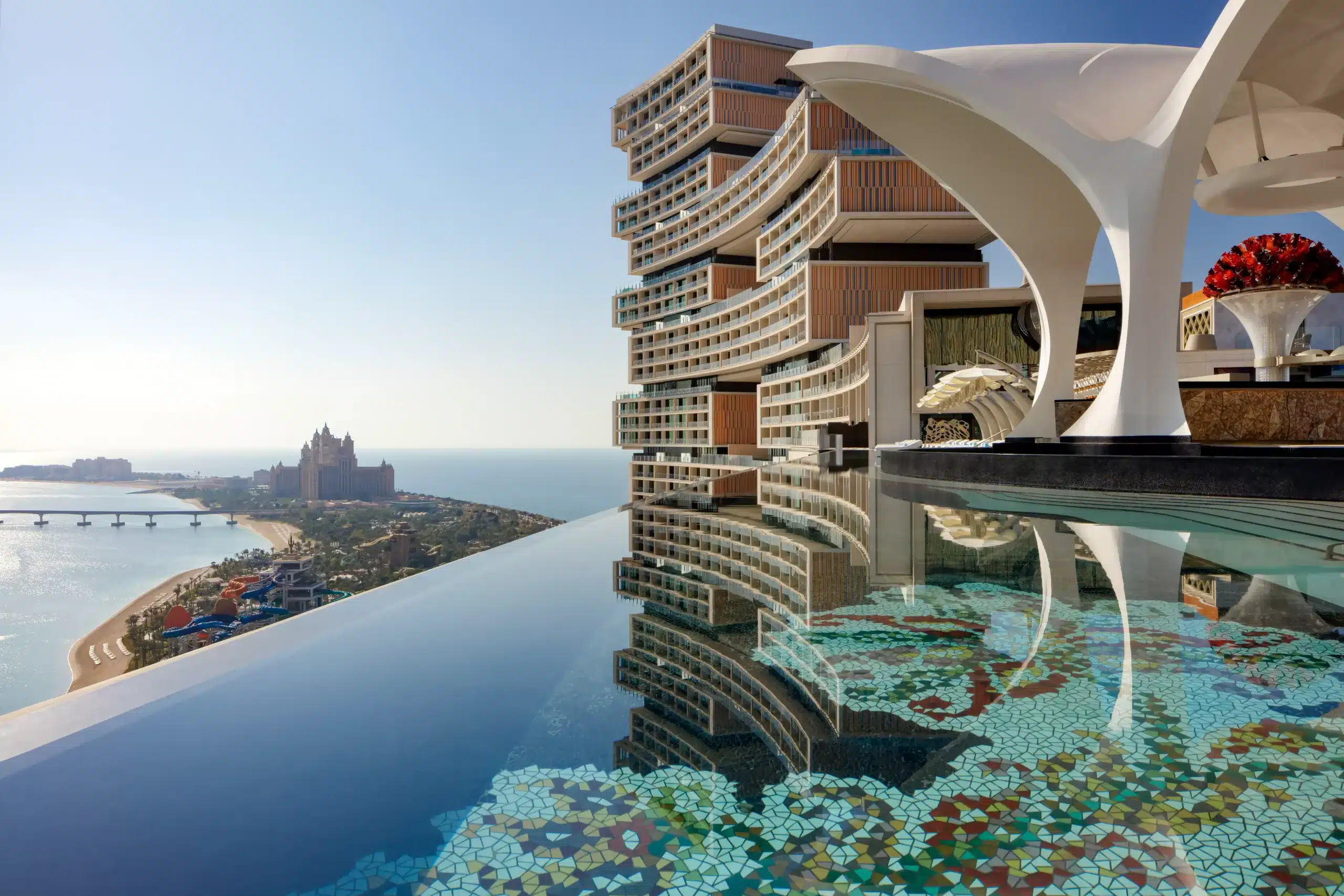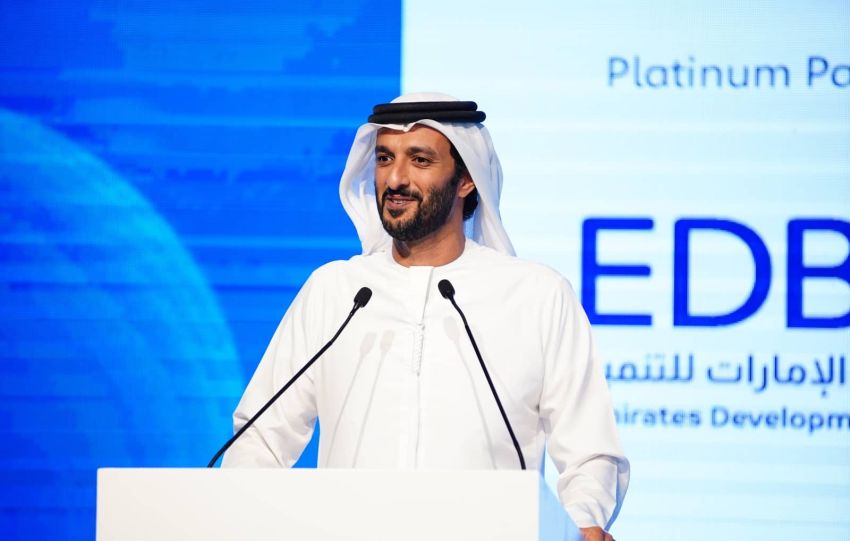Key Takeaways
- Dubai is expanding its luxury hotel sector, with over 11,300 new rooms expected by 2027.
- High-end accommodations dominate, with 70% of the 2024 room supply in the luxury category.
- Dubai’s hospitality market saw a 9.1% increase in overnight visitors in 2024, reaching 18.72 million.
- Dubai received international recognition as a leading shopping and exhibition destination and won awards for its cruise port and airport.
- Tourism contributed Dh236 billion to the UAE’s GDP in 2024, highlighting its economic impact.
- Occupancy rates increased to 78% in 2024, with luxury and upper mid-scale segments making the largest gains.
- Average daily rate (ADR) grew to Dh690, showing pricing stability in the hospitality sector.
- Ras Al Khaimah experienced a slight drop in occupancy due to new hotel openings, despite achieving 1.28 million visitors.
- Key discussions include Gergely Balint’s insight on Dubai’s hospitality growth and investment confidence.
The city of Dubai has long been a symbol of opulence, luxury, and innovation. With its towering skyscrapers and lavish lifestyle offerings, it continues to draw millions of visitors yearly from around the globe. As the hospitality industry in Dubai undergoes a massive transformation, there has never been a more exciting time to explore the future of hotels in this vibrant city. This blog post delves into Dubai’s burgeoning luxury hotel sector, examining key growth factors, economic impacts, and what travelers and investors can expect in the coming years.
The Expansion of Luxury Accommodation
Dubai is currently witnessing a significant expansion in its luxury hotel sector. By 2027, over 11,300 new rooms are set to hit the market, reflecting the city’s commitment to catering to the needs of discerning travelers. Interestingly, high-end accommodations now dominate the market, with 70% of the 2024 room supply falling into the luxury category. This inclination towards upscale offerings underscores Dubai’s ambition to reinforce its image as a haven for luxury tourism.
Key Factors Driving Growth
1. Increase in Visitor Numbers
Dubai’s hospitality market recorded a 9.1% surge in overnight visitors in 2024, reaching approximately 18.72 million. The city has received accolades as a preeminent shopping and exhibition hub, further solidifying its appeal to leisure and business travelers. The demand for luxury accommodations is fueled by Dubai’s international events, world-class infrastructure, and shopper-centric attractions.
2. Economic Contributions
The tourism industry significantly contributed to the UAE’s economy in 2024, injecting Dh236 billion and accounting for a substantial portion of the nation’s GDP. Tourism’s economic impact goes beyond revenue generation; it fosters job creation, infrastructure development, and investment inflows, strengthening Dubai’s economic landscape.
3. Steady Occupancy Rates and Revenue Growth
Occupancy rates in Dubai’s hotels increased to 78% in 2024, with the luxury and upper mid-scale segments achieving the most notable gains. Additionally, the average daily rate (ADR) rose to Dh690, exemplifying pricing stability within the market. These metrics suggest robust demand and a healthy financial outlook for stakeholders.
Challenges and Considerations
Despite the overall positive outlook, there are challenges to be mindful of, such as the slight dip in occupancy in Ras Al Khaimah due to new hotel openings. While this region recorded 1.28 million visitors, the increased room inventory has temporarily affected occupancy rates. Addressing such regional disparities will be crucial for balanced development moving forward.
Expert Insights
Gergely Balint, an Associate Partner at Cavendish Maxwell, provides valuable insights into Dubai’s hospitality boom. Balint emphasizes the city’s consistent international recognition, which bolsters investor confidence and positions Dubai as a premier hub for both hospitality and real estate. His analysis suggests continued growth and expansion, with new hotels and resorts poised to address the increasing demand.
Future Outlook
As we gaze into the future, questions about what lies ahead for Dubai’s luxury hotels emerge. Here are three critical areas of focus:
- Sustainability: With increased attention on environmental sustainability, the integration of eco-friendly practices in hotel operations will be paramount.
- Personalized Experiences: Luxury travelers now seek personalized experiences. Hoteliers must invest in technology and training to deliver tailored services.
- Cultural Integration: Celebrating local culture injects authenticity into the tourism experience, attracting travelers keen on exploring beyond traditional offerings.





